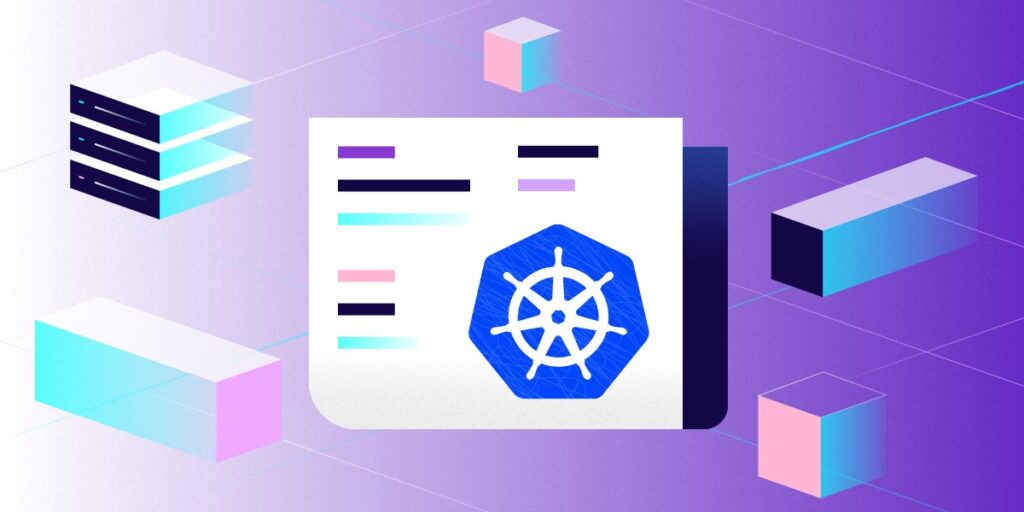The Certified Kubernetes Administrator (CKA) Exam is a globally recognized certification program for individuals who have demonstrated expertise in managing and operating Kubernetes clusters. It assesses an individual’s knowledge and skills in setting up, configuring, and maintaining a Kubernetes cluster.
Purpose of the CKA Exam
The CKA Exam aims to validate an individual’s knowledge and expertise in managing and operating a Kubernetes cluster. It provides a benchmark for employers and organizations to identify qualified Kubernetes administrators and ensures that individuals have the necessary skills to perform their roles effectively.
Exam Format and Content
The CKA Exam is a practical, performance-based test that involves setting up and configuring a live Kubernetes cluster. It covers installation and configuration, cluster management, application deployment, and troubleshooting. The exam is comprised of multiple-choice and scenario-based CKA question answers.
Certification Requirements
To become a Certified Kubernetes Administrator (CKA), individuals must pass the CKA Exam. The study guide is a comprehensive resource available as a CKA pdf that can assist in preparation for the exam. The certification is valid for three years, after which individuals must retake the exam. Individuals must agree to adhere to the CKA Code of Conduct and abide by the Kubernetes Community Participation Guidelines.
Core Concepts of Kubernetes

Source: edgehog.blog
Kubernetes is an open-source platform for automating application container deployment, scaling, and operations. It helps organizations manage their containers at scale, making deploying and managing applications easier. To prepare for the Certified Kubernetes Administrator (CKA) exam, individuals can take advantage of various resources, including Examcollection CKA VCE study materials, CKA dumps, and CKA practice tests, to gain a deep understanding of the Kubernetes platform.
Architecture and Components
Kubernetes has a complex architecture comprising multiple components such as the API server, etcd, controller manager, scheduler, and kubelet. Each component plays a crucial role in managing the cluster, and a deep understanding of these components is essential for managing and operating a Kubernetes cluster.
API Objects and Primitives
Kubernetes uses API objects to represent the state of the cluster and to configure the cluster. API objects include Deployments, Pods, Services, and ConfigMaps. Understanding the different types of API objects and how they are used is crucial for configuring and managing a Kubernetes cluster.
Understanding of Namespaces and Resource Quotas
Namespaces in Kubernetes provide a way to isolate resources within a cluster, allowing multiple users to share the same cluster. Resource quotas limit the number of resources a namespace can use, helping to ensure that resources are used effectively.
Configuration and Management
Kubernetes can be configured and managed using manifests, which are YAML files that specify the cluster’s desired state. Understanding how to create and manage manifests is essential for configuring and maintaining a Kubernetes cluster.
Installation and Configuration

Source: care.biz
Setting Up a Kubernetes Cluster
Setting up a Kubernetes cluster involves deploying the necessary components, such as the API server, etcd, controller manager, scheduler, and kubelet, to the nodes in the cluster. Understanding the steps involved in setting up a cluster is crucial for managing a Kubernetes cluster.
Installing and Configuring the Master Node
The master node in a Kubernetes cluster is responsible for managing the cluster and coordinating the work of the worker nodes. Installing and configuring the master node is a critical step in setting up a Kubernetes cluster.
Installing and Configuring Worker Nodes
Worker nodes in a Kubernetes cluster run the containers that make up the applications. Installing and configuring worker nodes is crucial in setting up a Kubernetes cluster.
Setting Up Networking and Load Balancing
Networking and load balancing are crucial components of a Kubernetes cluster, as they allow communication between the nodes in the cluster and ensure that the load is distributed evenly across the nodes. Understanding the steps involved in setting up networking and load balancing is essential for managing a Kubernetes cluster.
Configuring Security and Authentication
Security and authentication are critical considerations in a Kubernetes cluster, as they ensure that access to the cluster is controlled and that data is protected. Understanding the steps in configuring security and authentication is crucial for managing a Kubernetes cluster.
Cluster Management and Maintenance

Source: scylladb.com
Upgrading and Backing Up the Cluster
Keeping a Kubernetes cluster up-to-date and secure is an important aspect of cluster management. This section covers upgrading a cluster and backing up critical data in case of failure.
Managing Nodes and Resources
Kubernetes clusters consist of multiple nodes that work together to run applications. This section covers the management of nodes, including adding and removing nodes and managing resources such as CPU and memory.
Managing Resource Quotas and Limits
Kubernetes offers several ways to control resource usage in a cluster. This section covers resource quotas and limits, which people can set to ensure fair resource usage among different users and applications.
Troubleshooting and Debugging
When things go wrong, it’s important to have the right tools and skills to resolve the issue quickly. This section covers common issues that may arise in a Kubernetes cluster and how to troubleshoot and debug them.
Maintenance and Security Best Practices
Regular maintenance and security best practices are important for ensuring the health and security of a Kubernetes cluster. This section covers important maintenance tasks, such as updating components and best practices for securing the cluster.
Conclusion
The Certified Kubernetes Administrator (CKA) exam is a comprehensive evaluation of a candidate’s understanding of Kubernetes. It is important to note that the CKA exam constantly evolves to reflect the latest developments in Kubernetes. Hence, candidates must stay up-to-date and continue their education after passing the exam.



